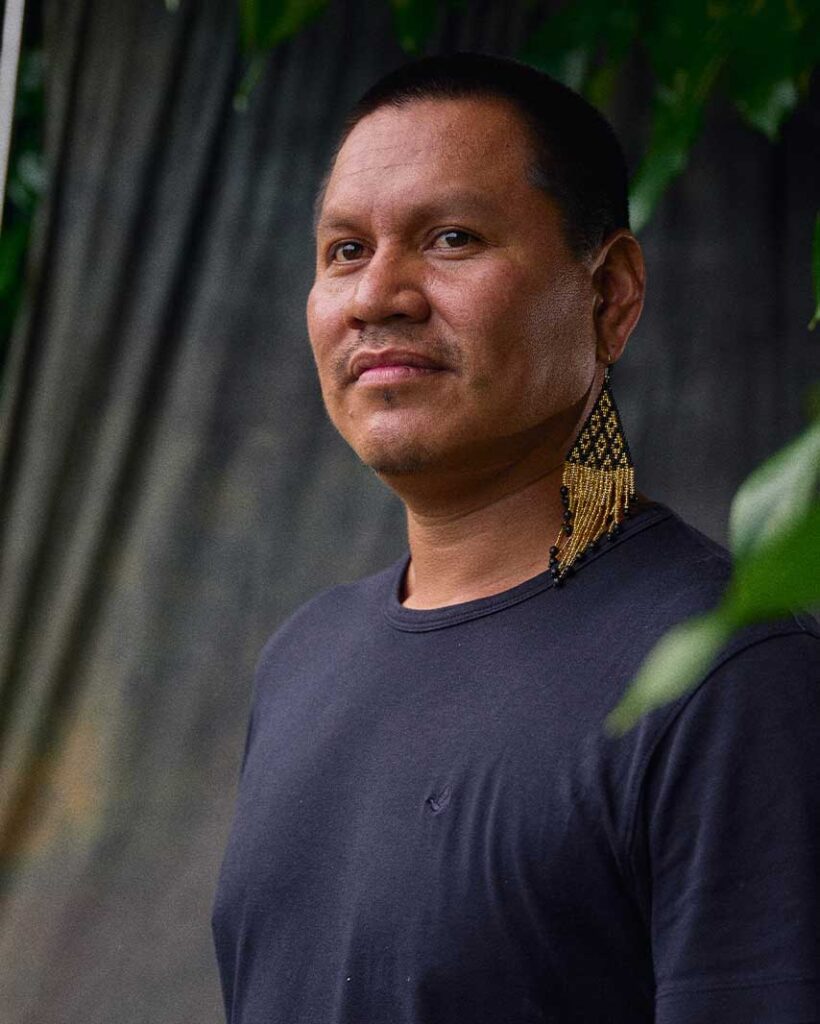Leo Cerda is a climate activist and Indigenous rights defender from the Kichwa community of Serena in the Napo province of Ecuador. He is deeply involved in efforts to combat the environmental and cultural impacts caused by mining and oil industries in the Ecuadorian Amazon. Cerda is the founder of the HAKHU Project, which supports community-based economic initiatives to resist exploitative oil and mining development in the region. He works both locally and internationally to bridge Indigenous community initiatives with broader support networks.
Cerda has personally witnessed the devastating effects of mining in Napo, particularly the contamination of rivers and the social conflicts arising from illegal and industrial gold mining. He has spoken about how his community, once a “tiny piece of paradise,” has suffered increased violence, crime, and health problems due to mining concessions granted by the government without proper regulation or respect for Indigenous rights.
Leo Cerda has played a key role in organizing and amplifying Indigenous resistance to illegal mining in Napo. As a local leader and co-founder of the Black and Indigenous Liberation Movement (BILM), he has brought together activists from across the Americas to form coalitions and develop strategies that connect local struggles with global advocacy.
Cerda has emphasized that building a movement requires collective action, stating, “A movement is built by many, not by one. We need to start thinking about local strategies with a global impact,” highlighting his focus on both grassroots mobilization and international solidarity. Persistent advocacy by Cerda and allied organizations such as Napo Resiste has pressured authorities to conduct enforcement actions, such as the large-scale raids in Yutzupino in February 2022, where over 150 pieces of mining machinery were seized and miners expelled from the sector.These actions led to a temporary moratorium on all mining in Napo province (May 2025), reflecting the impact of sustained community mobilization and public pressure.

